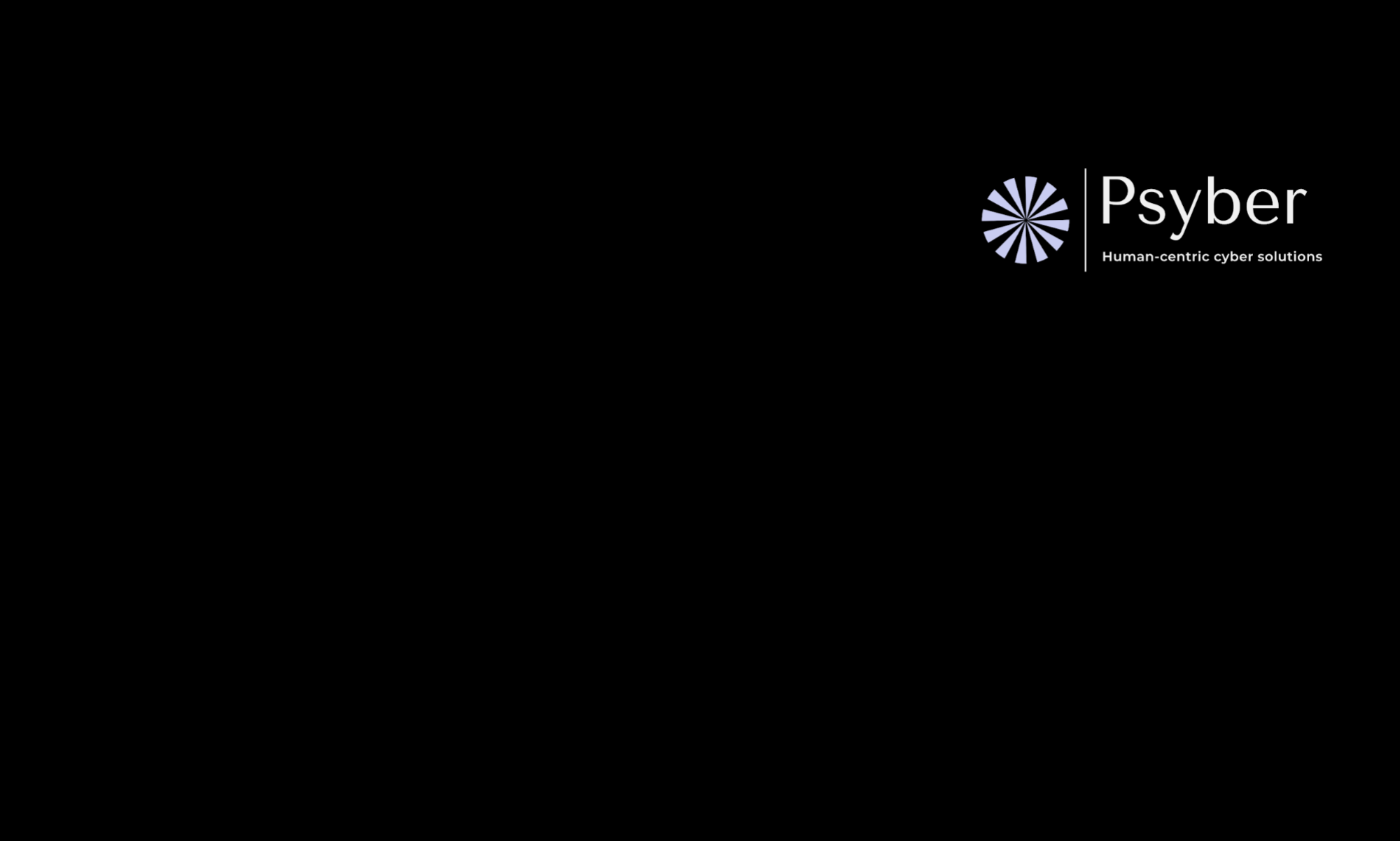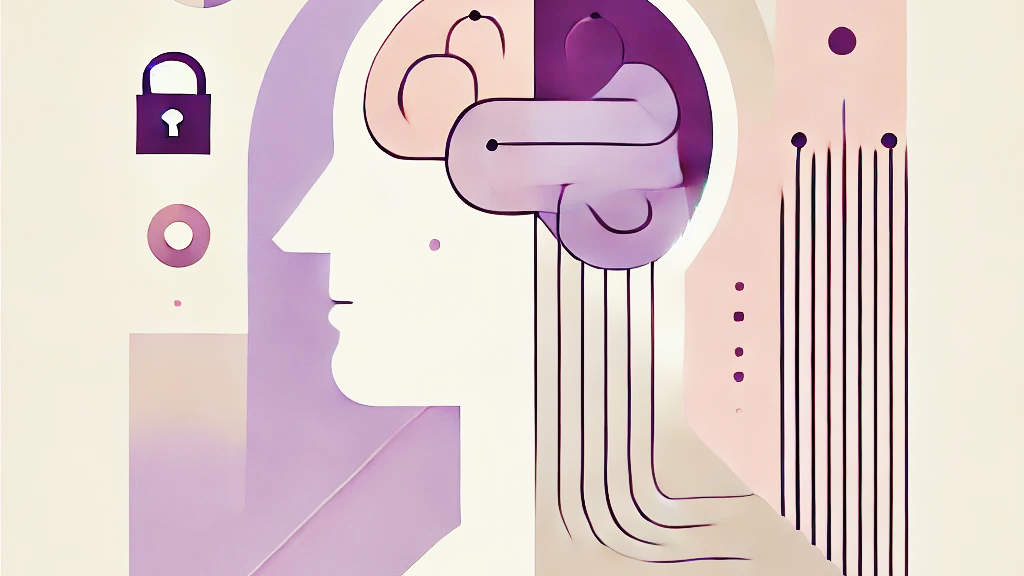In the ever-evolving landscape of cybersecurity, one might wonder why only 3 in 10 companies conduct regular security assessments. At Psyber, Inc., we delve into the psychological underpinnings of this inaction, shedding light on how cognitive biases like optimism bias and status quo bias play a pivotal role.
Unpacking Cognitive Biases
Optimism Bias is a cognitive tendency where individuals believe that negative events are less likely to happen to them compared to others. In the context of cybersecurity, this manifests as a belief that “it won’t happen to us,” leading companies to deprioritize essential security measures.
Status Quo Bias, on the other hand, is the preference for the current state of affairs, making organizations resistant to change. This bias can deter proactive cybersecurity actions, as companies may perceive changes as unnecessary or disruptive to their usual operations.
The Role of Decision Fatigue
Leadership decision fatigue further compounds these biases. Executives, overwhelmed by the myriad of decisions they face daily, may find it challenging to prioritize cybersecurity, often viewing it as a cost rather than a necessity.
Strategies to Overcome Inaction
At Psyber, we believe in transforming these barriers into opportunities through innovative strategies:
Gamification in Training: By incorporating game-like elements into cybersecurity training, organizations can engage employees more effectively. This approach not only makes learning more enjoyable but also enhances retention and application of security practices.
Framing Cybersecurity as a Business Enabler: Shifting the narrative from cybersecurity as a cost to it being a strategic business enabler can alter perceptions. Highlighting how robust security measures can protect brand reputation and foster customer trust can motivate organizations to invest in regular assessments.
Regular Assessments as Routine Practice: Encouraging companies to view cybersecurity assessments as part of their regular business operations, akin to financial audits, can normalize the practice and reduce resistance.
Conclusion
Understanding and addressing the psychological factors behind inaction is crucial for enhancing cybersecurity measures. By acknowledging these biases and implementing strategic interventions, organizations can better protect themselves against potential threats. At Psyber, Inc., we are committed to providing insights and solutions that bridge the gap between human behaviour and cybersecurity resilience.

